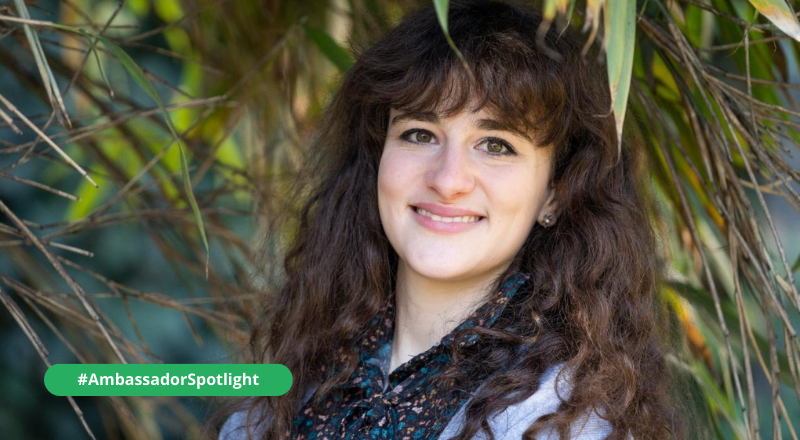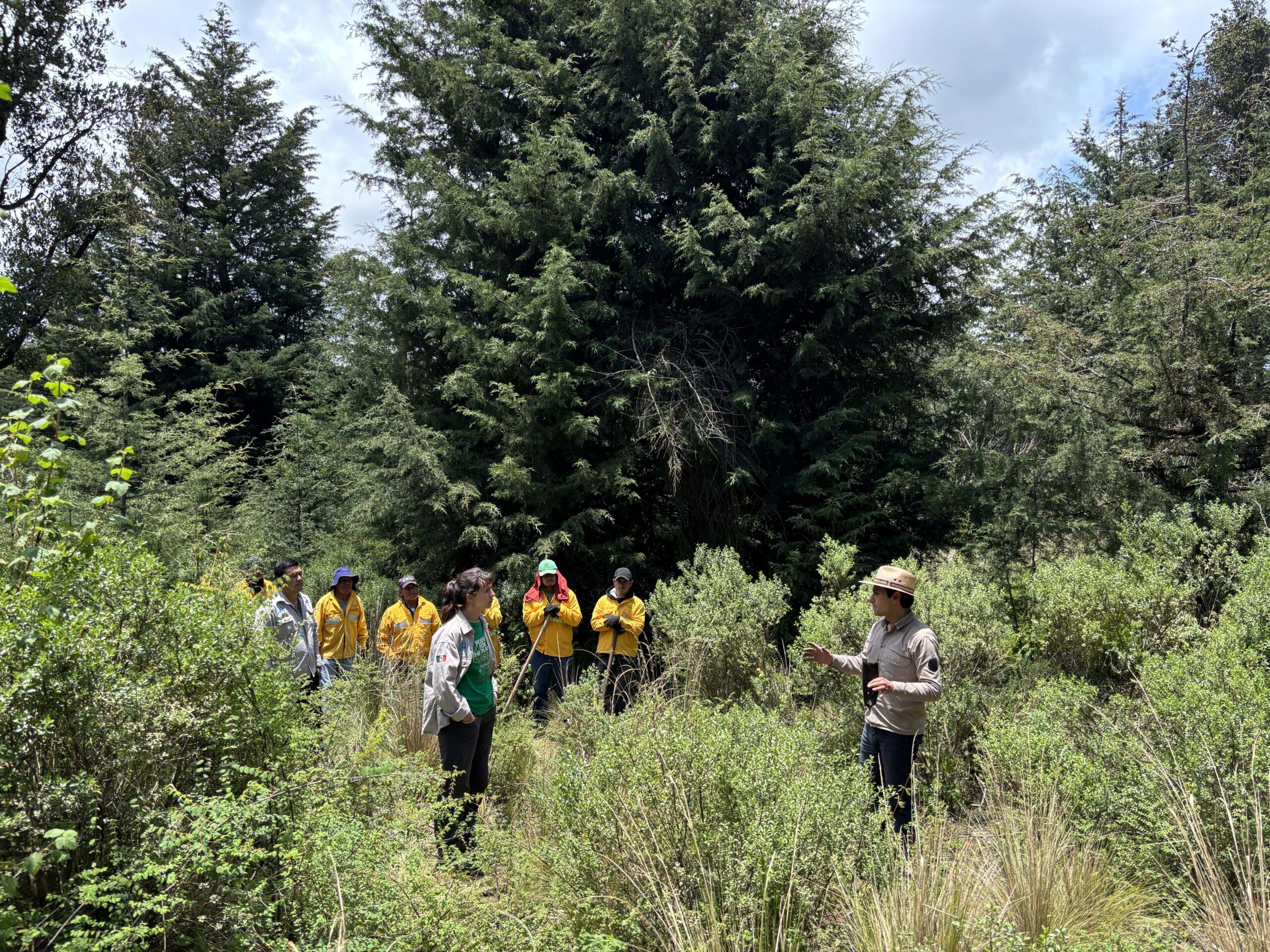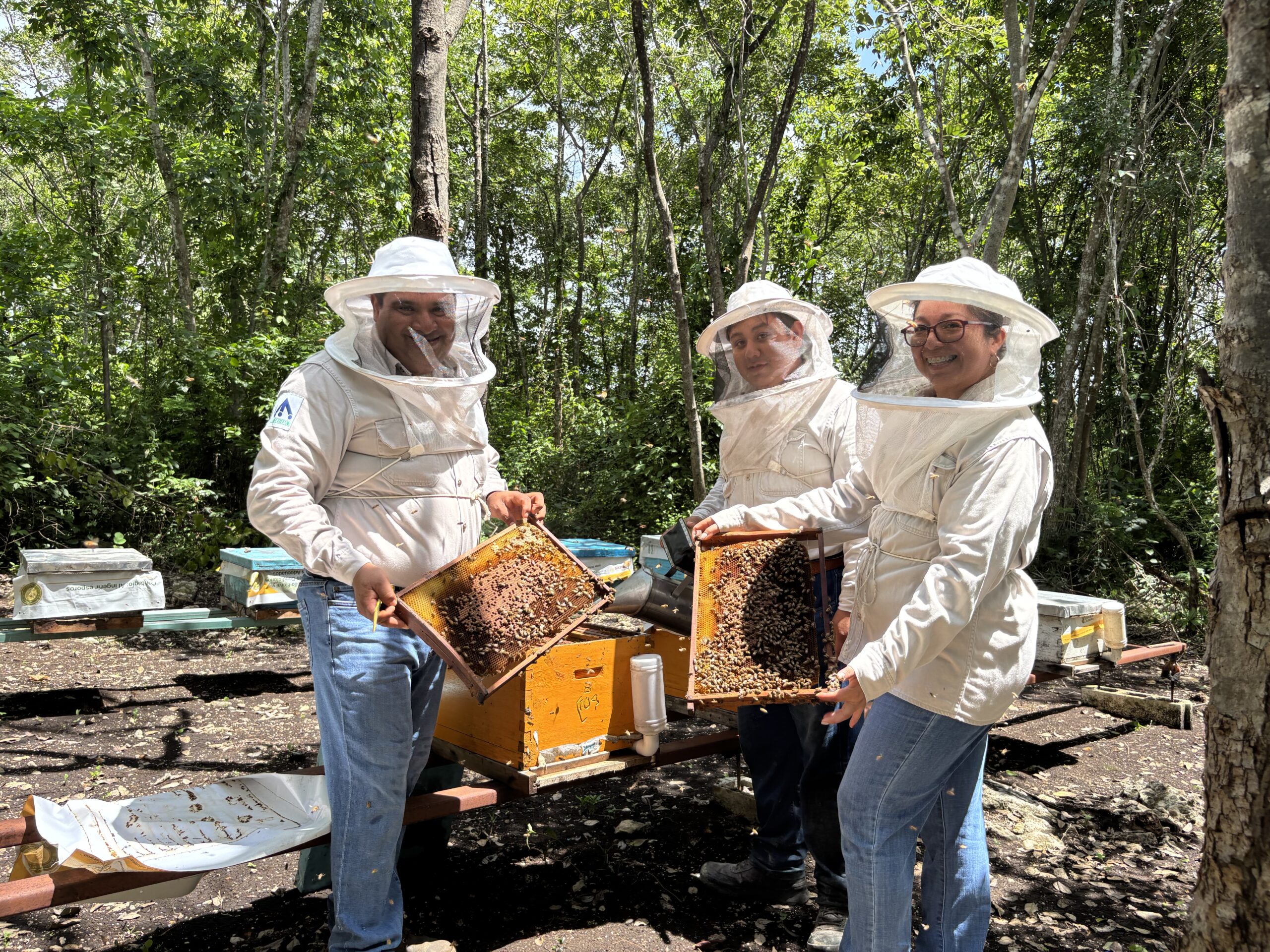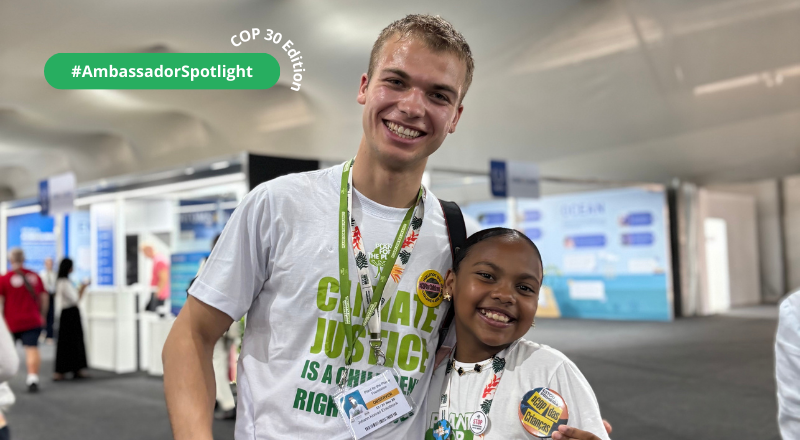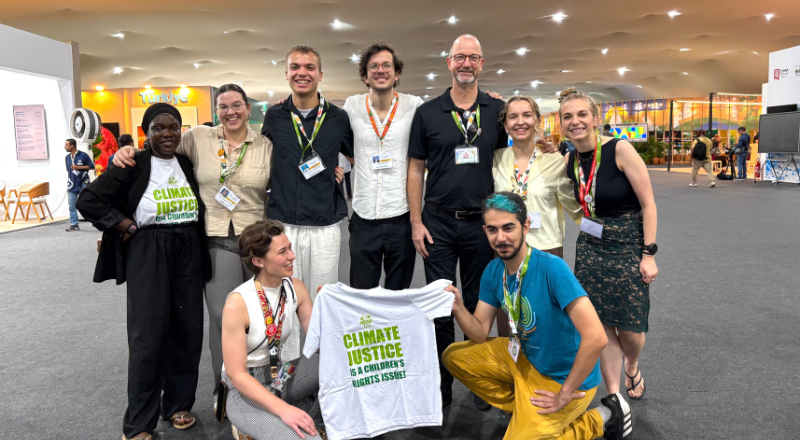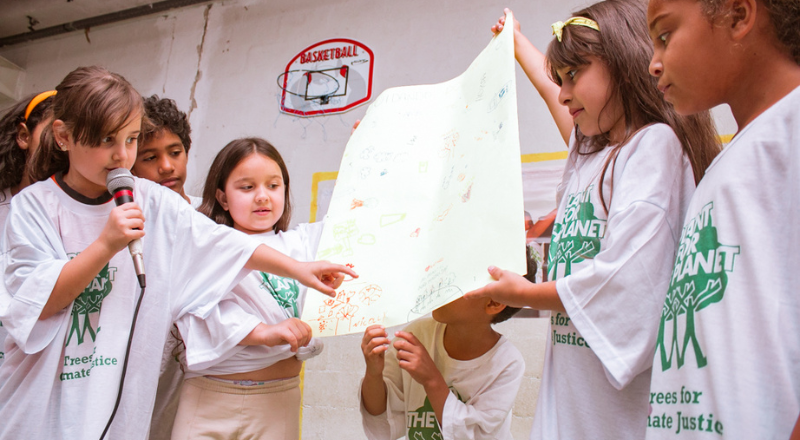
The climate crisis is more than a technical policy challenge: it is a question of justice, human rights, and moral responsibility. In its advisory opinion, the ICJ linked climate action to human‑rights obligations, noting that states must protect a clean, healthy, and sustainable environment as part of their human‑rights duties. At the heart of this crisis are children and youth because they are the generation who will inherit its consequences, yet their voices are often overlooked in global decision-making.
This is why Plant-for-the-Planet has stepped forward to ensure that children are actively included in the Global Ethical Stocktake (GES), a new initiative of the COP 30 Presidency. While the GES was designed to highlight the moral and ethical dimensions of climate progress, it originally emphasized youth voices, but did not specifically mention children. Our goal is to help fill this critical gap.
Why the GES Matters Now
The GES moves beyond numbers and emissions targets, it focuses on the moral responsibility of governments and leaders. It asks not only “Are we meeting climate goals?”, but also “Are we meeting the ethical obligations to those most affected, including children?”. Plant-for-the-Planet believes children are not just victims of the climate crisis, they are agents of change, capable of influencing policies and inspiring action. Including their voices ensures that climate action addresses the realities of intergenerational justice.
Our Approach through Global Consultations for Children
In August and September 2025, we organized self-led, in-person and online dialogues with children from across Africa, the Americas, Asia, and Europe. Over 600 participants shared their experiences, concerns, and hopes for a fair and sustainable future. These consultations provided a platform for children to speak directly to the values and priorities that matter most to them, something that global climate negotiations often overlook.
Usually the conversations target government leaders and experts, but we believe children’s voices matter, it’s their future that is at stake. Therefore, the consultations highlighted key moral and ethical themes like fairness between generations, the right to a safe and healthy environment, and the urgent need for equitable climate action.
Discover Voices That Inspire Action
While the GES focuses on justice and moral responsibility, it’s the voices of children that brought these principles to life during our consulations. From India to Nigeria and Brazil, they shared how the climate crisis is reshaping their daily lives, shifting rainfall patterns, damaging crops, or forcing children to walk long distances for water, oftentimes missing school. Many spoke of how those in vulnerable communities suffer most, urging that everyone must learn and live more sustainably. They also drew on the wisdom of their elders, who teach respect for the Earth, for example, from India’s Harila festival, where trees are planted to welcome the monsoon, to the Nigerian saying, “Never force a land to give you more than it can.” Their stories remind us that moral clarity and traditional knowledge must guide global climate decisions. Discover them below.
From Consultation to Representation at COP 30
The voices collected from these consultations will be delivered directly to the COP 30 Presidency in Belém, Brazil. There, Climate Justice Ambassadors, children trained by Plant-for-the-Planet, will represent their peers globally, ensuring that children are not only heard but actively shaping the ethical dialogue of climate negotiations. This demonstrates a simple fact that decisions about climate action must include those who will live with its consequences the longest.
Why This Work Is Urgent
Children today face increasing risks from the climate crisis like displacement, water scarcity, disrupted education, and health impacts. Yet only a small fraction of global climate finance addresses their needs. By empowering children to speak, Plant-for-the-Planet transforms climate injustice into action and leadership.
“To solve the crisis, we must act together… Small actions grow powerful when millions join. The time to act is not tomorrow, it is today,” a child participant from India pointed out. The consultations show that children are not waiting for permission, they are ready to shape a fairer, more sustainable world. As COP 30 approaches, their voices offer a compass for leaders, guiding policy with moral clarity, hope, and determination.
Join Us in Listening
By giving children a stage, we give the world a chance to act justly, for today, and for the generations to come. Follow our journey at COP 30 in Belém as we amplify the voices of young changemakers from around the world.
→ Discover Plant-for-the-Planet’s key demands and all about our delegation at COP 30, here.
